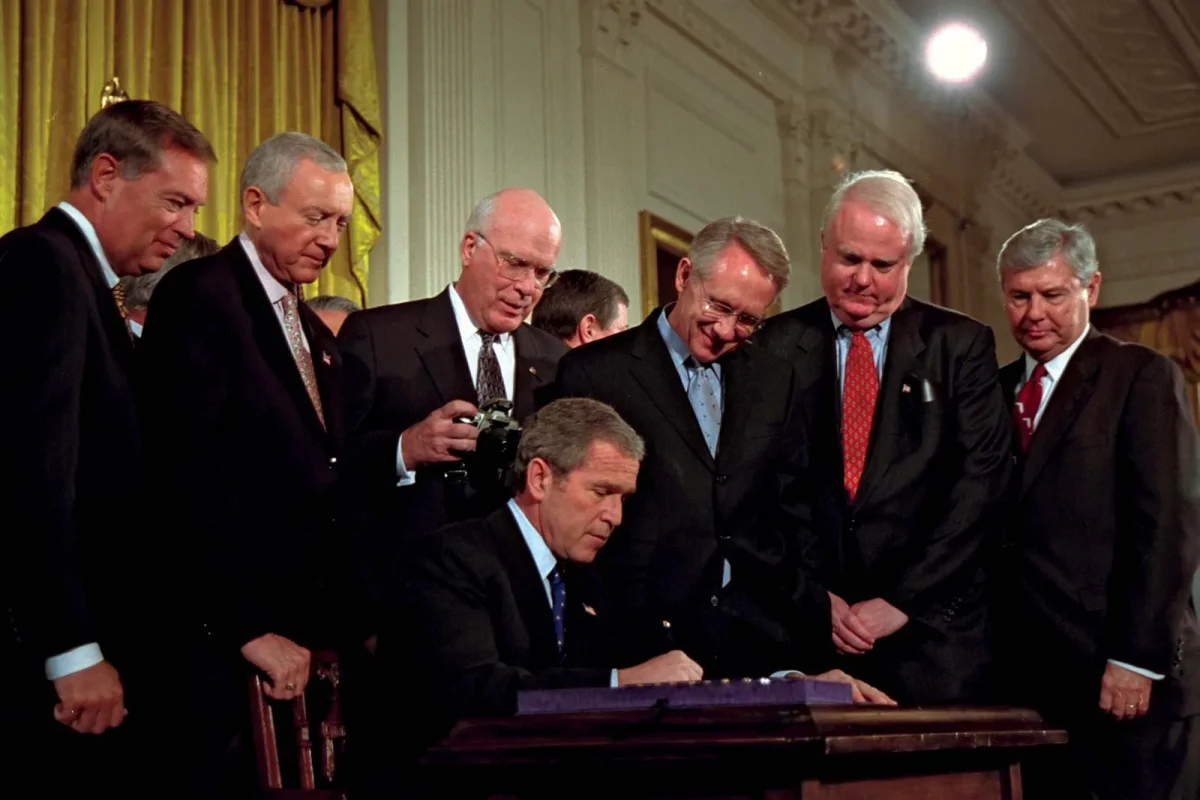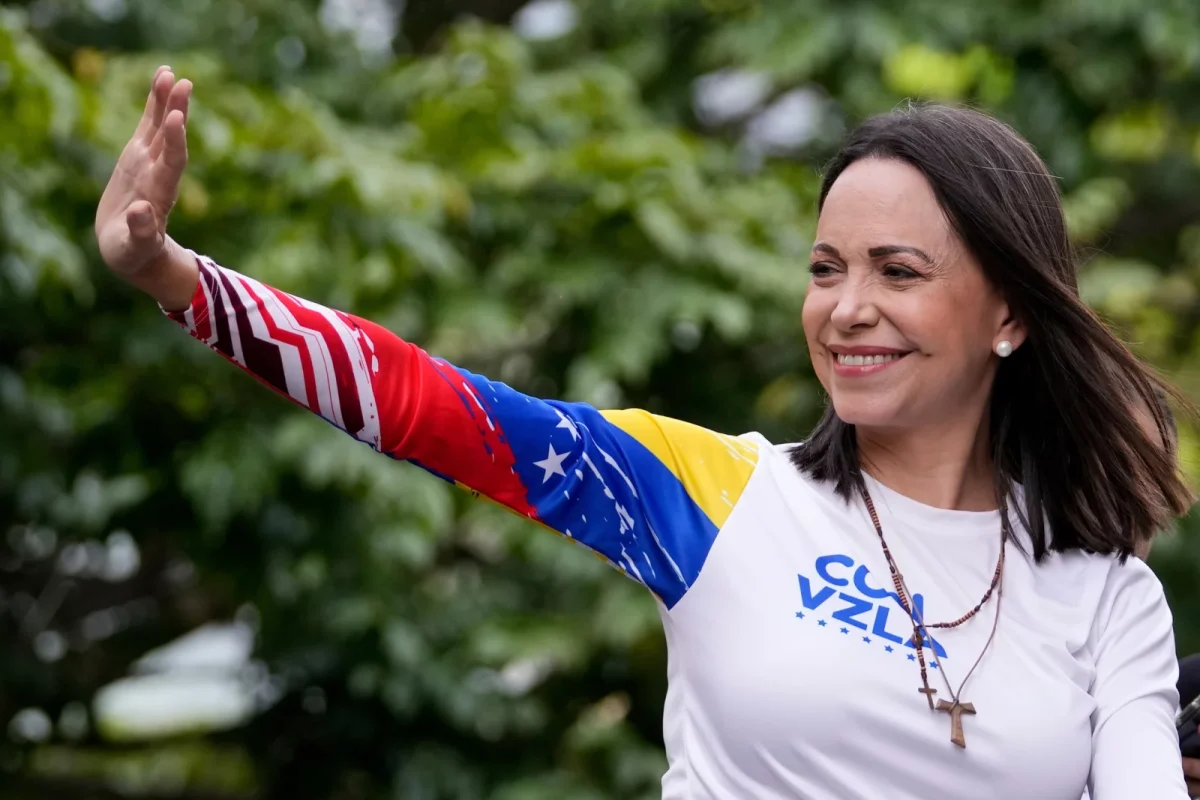On Sept. 11, 2001, 23 years ago today, the United States witnessed the traumatizing events of the World Trade Center and the Pentagon being attacked by Islamic extremists who piloted civilian airliners as suicide bombers. With plumes of smoke, ash-covered survivors and nearly 3,000 dead Americans, the demand for action led the Bush administration and Congress to pass the USA Patriot Act of 2001.
The Patriot Act was a piece of legislation that greatly expanded federal law enforcement powers, specifically by adding new surveillance and search powers that were previously considered unconstitutional. Many of the provisions of the Patriot Act allowed surprise searches, electronic surveillance and data collection all without making the government show probable cause.
In years before 9/11, the concept of allowing law enforcement practically free access to personal records and free surveillance of who they deemed as potential terrorist threats would have been considered absurd. But this is exactly what the Patriot Act permits the United States government to do.
“The changes effective today will help counter a threat like no other our nation has ever faced … we have seen the enemy in the murder of thousands of innocent, unsuspecting people … they have no conscience,” President Bush said.
With the size and scope of the 9/11 attacks, many felt that these provisions were necessary for the security of the United States. Criticisms of the Patriot Act were that it violated individuals’ right to privacy and speech — perhaps intentionally.
One reason for criticizing the Patriot Act was that it violated the Fourth Amendment by allowing warrantless searches and surveillance without probable cause. Adding to this was the worry that the Patriot Act authorized searches on individuals for exercising their First Amendment right of free speech.
“It was the use of Al-Qaeda and fear to manipulate our domestic politics,” Senator Russ Feingold, the lone “no” vote in the Senate against the Patriot Act, said in an interview with CNN.
Whatever the reason for the Patriot Act, it passed Congress with overwhelming support on Oct. 25, 2001. In 2015, President Obama signed the USA Freedom Act, which would replace the Patriot Act. This new act would stop the government’s ability to collect data in bulk but would keep many of the other provisions as the Patriot Act.
It is debatable whether or not the Patriot Act had the actual intended effect. In 2015, the Justice Department’s inspector general reported that various FBI agents could not point to one substantial case of terrorism that was thwarted using the new powers granted by the Patriot Act.
The landscape of government surveillance, free speech and security saw a radical change following the events of 9/11. The immense changes that the country has seen have led to numerous modern-day debates concerning privacy, government power and security.
The current debate about the possible ban or sale of TikTok rings with many of the same themes as the Patriot Act. This debate in particular cites national security as a reason for the United States government to collect data, ban certain internet activity and project power into the marketplace.
“This sounds a whole like what we saw with the Patriot Act,” former Senator Tulsi Gabbard said in an interview with Fox.
9/11 and the Patriot Act opened the door to widespread government surveillance. Now that this door is open, it continues to lead to controversies today as evident in bills such as the one proposed to ban TikTok.
The 9/11 attacks were so disturbing to America that they led to, the now-famed, War on Terror. Politicians grappled with the options following such a horrific event, with the ramifications of these decisions changing government, public life and politics forever.













